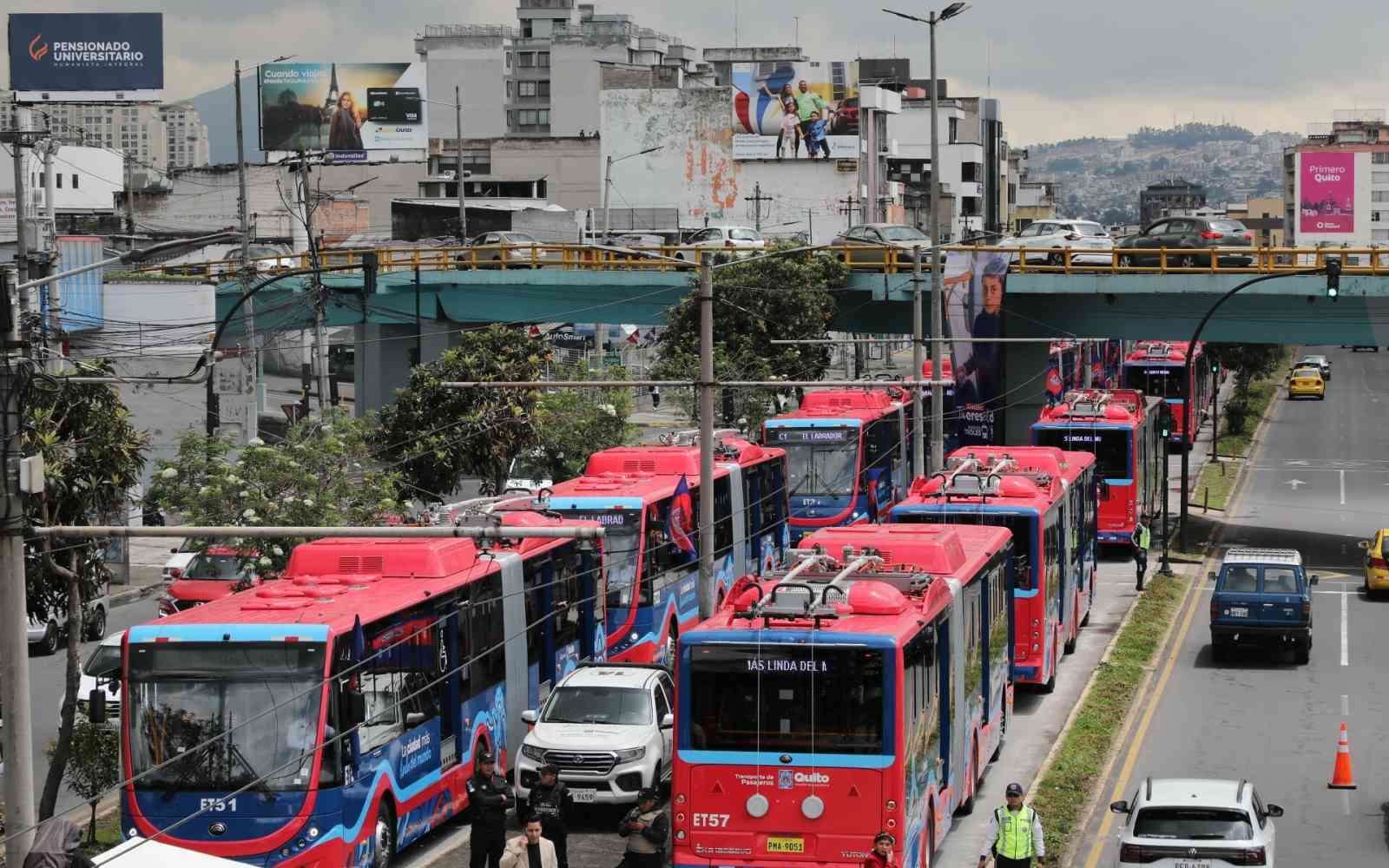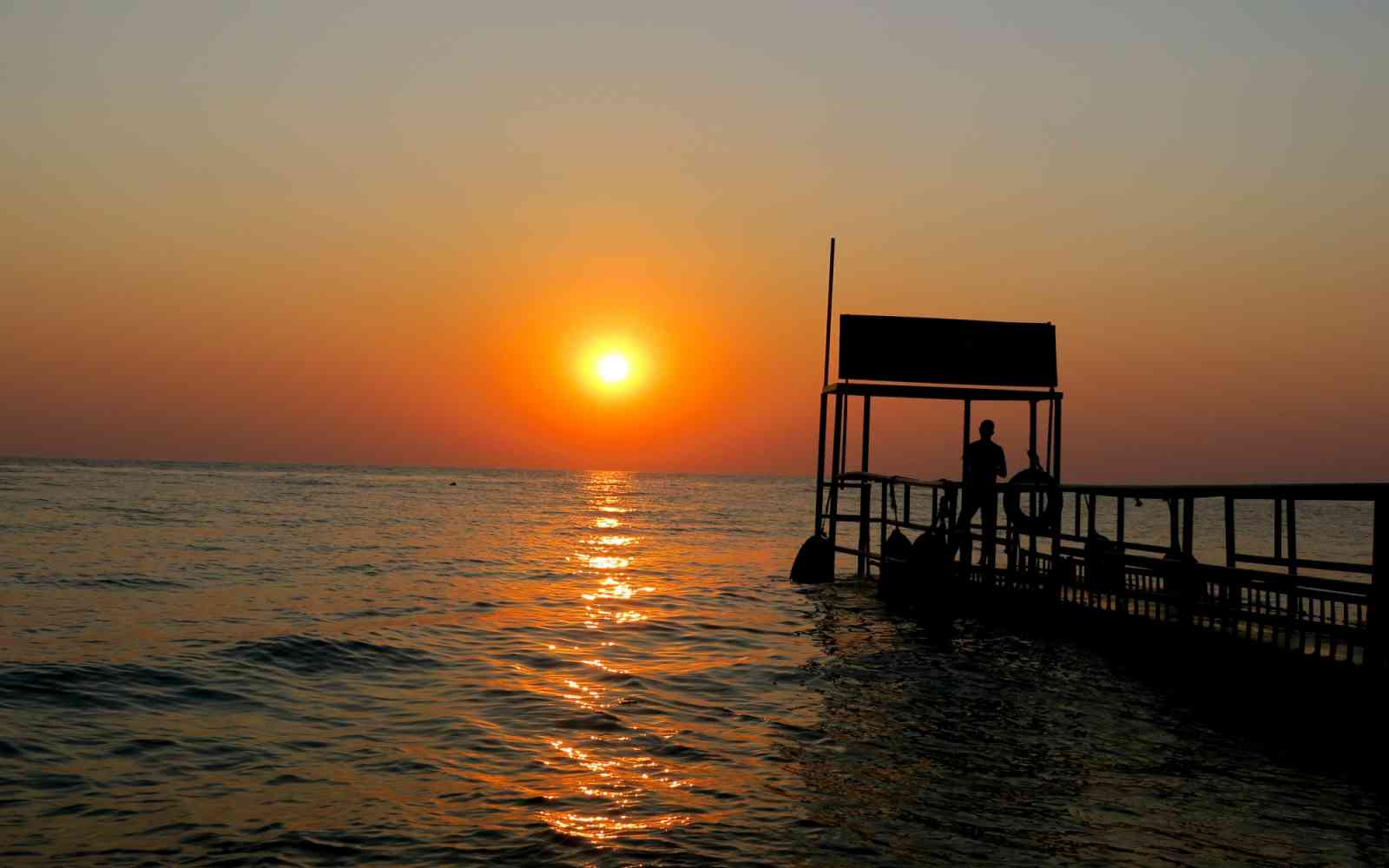The United Nations Office for Project Services (UNOPS)
El empoderamiento de la mujer en el sector marítimo
Palabras de bienvenida de Grete Faremo, Secretaria General Adjunta de las Naciones Unidas y Directora Ejecutiva de UNOPS, durante la tercera conferencia internacional sobre la mujer en la Universidad Marítima Mundial (Malmö, Suecia).
[Check against delivery]
Opening remarks
Many thanks to Dr. Schröder-Hinrichs for your introduction.
And I would like to extend a thank you also to Dr. Doumbia-Henry and Mr. Lim for their opening remarks.
Our shared history
Growing up in Norway, a country with a coastline stretching more than 2,500 kilometres north towards the Arctic, the sea has never been a stranger to me.
Norway, as with her Scandinavian sisters, has always had an innate relationship with the sea. It has been our source of food and income; of religion and faith. And a bridge to new worlds and new opportunities.
Today, while the technologies and how they interact have changed, the importance of that relationship remains unchanged.
It is impossible to discuss the importance of maritime communities to this region without mentioning, of course, our infamous ancestors, the Vikings - arguably among the most famous seafarers in history.
Although modern depictions of our ancestors portray their conflicts, little is said about their trade.
With an ability to travel across the sea and land, carrying cargo and currency, trade flourished during their time.
Many of the towns and cities we know today across northern Europe and beyond were established as trading ports. Oslo, Lund, even Copenhagen where I travelled from today, or København, which translates from old Norse as “merchants' harbour”.
The critical role of maritime communities to the SDGs
This practice lives on today, and maritime transport is a backbone both of international trade and the global economy. To provide some perspective, let me share some of the findings from across the UN, when it comes to the value of our topic.
Around 80 per cent of global trade by volume, and 70 per cent of global trade by value, are carried by sea.
80 per cent of world merchandise is handled by ports worldwide.
And nearly two thirds of this trade is loaded and unloaded in the ports of developing countries.
If the ocean were a country, at several trillion dollars per year of economic activity, the ocean would rank seventh on the list of largest nations by GDP.
The conclusion is as inescapable as it is simple. Without our maritime community, the world would not be what it is today.
And it is too important to leave the management to the men only!
Infrastructure as a connector of aid and trade
For any of you unfamiliar with UNOPS, we are the UN’s infrastructure specialists. And infrastructure connects every single Sustainable Development Goal. Each year, we help implement around $2 billion dollars worth projects, in more than 80 countries.
As a project-oriented organization, we strive for sustainable implementation approaches.
For example, in the ports of Hodeidah and Saleef, we are supporting work to get much needed supplies into Yemen. Through our management of the UN Verification and Inspection Mechanism for Yemen (UNVIM), we have helped more than 900 ships bring over 18 million tonnes of aid supplies into Yemen - bringing food, fuel and supplies, to millions throughout the country. This of course, is of global significance, relating to our work in support of Security Council and General Assembly resolutions. But gender concerns should cover every aspect of our work, regardless of scale or perceived importance. And often even very small changes can have a big impact.
Gender sensitive infrastructure
Being sustainable also means advancing gender equality, and for us, the empowerment of women and girls through projects.
Last year we launched two new strategies to this end, to achieve gender parity across our workforce, and to mainstream gender concerns into the projects we work in, on behalf of our partners.
One of the key areas we are focused on at the moment, is the role of gender-sensitive infrastructure. This is a topic few discuss, and we have found ourselves in a pioneering role. UNOPS works with the Tanzanian government to prevent impact from climate change and rising sea levels. Over 2,400 metres of sea defence walls were constructed. We installed solar street lights along the sea walls. The walls and the street lights provide safety and allow people in informal settlements in low lying areas to continue their income generating activities in the evenings. And guess who works in the market place - very often the women!
The simple fact is that much of our conventional infrastructure is gender blind.
Is it fair that maternity clinics often don't meet women's needs, which can influence decisions to give birth at home, thus increasing the dangers for mothers and newborns?
Is it fair that women waste time waiting in lines for bathrooms, while men do not?
And when it comes to trade and travel, is it fair that transport systems don’t consider the vulnerability of women being exposed to harassment - and that this can make women less likely to travel on public transport?
Is that equality? It is wrong. It is biased. It has gone on too long.
And because infrastructure is built to last, it can discriminate for decades. This is as true in the maritime industry, as it is across all fields of infrastructure.
Conclusion
To conclude, our culture in this part of the world was built and forged with the maritime community. So I am pleased to be standing here today to discuss, listen and share experiences on how we can empower more women into the modern industry. It is especially fitting to be here in Sweden, where the government has adopted a feministic foreign policy. Sweden tested voting right for taxpaying women already back in 1718, but Finland was the first among the Nordics to adopt voting rights for women in 1906.
The IMO has done fantastic work since 1998 to educate more women and provide opportunities into the maritime industry.
As with all industries, there is still a lot of work to do to empower women and continue our journey to equality. But you are laying the foundations for success.
There was a time, not so long ago, where women, around the world, had to disguise themselves as men, just to get a job on a ship.
And it was once a commonly held belief that women were “bad luck at sea”.
However, I believe the tide is turning.
Addressing this challenge isn’t about luck. Empowering women is about action.
My sincere hope for this conference, is that it can help in delivering the results we need to make a more sustainable society, for women across the maritime community, and beyond
Thank you very much.












